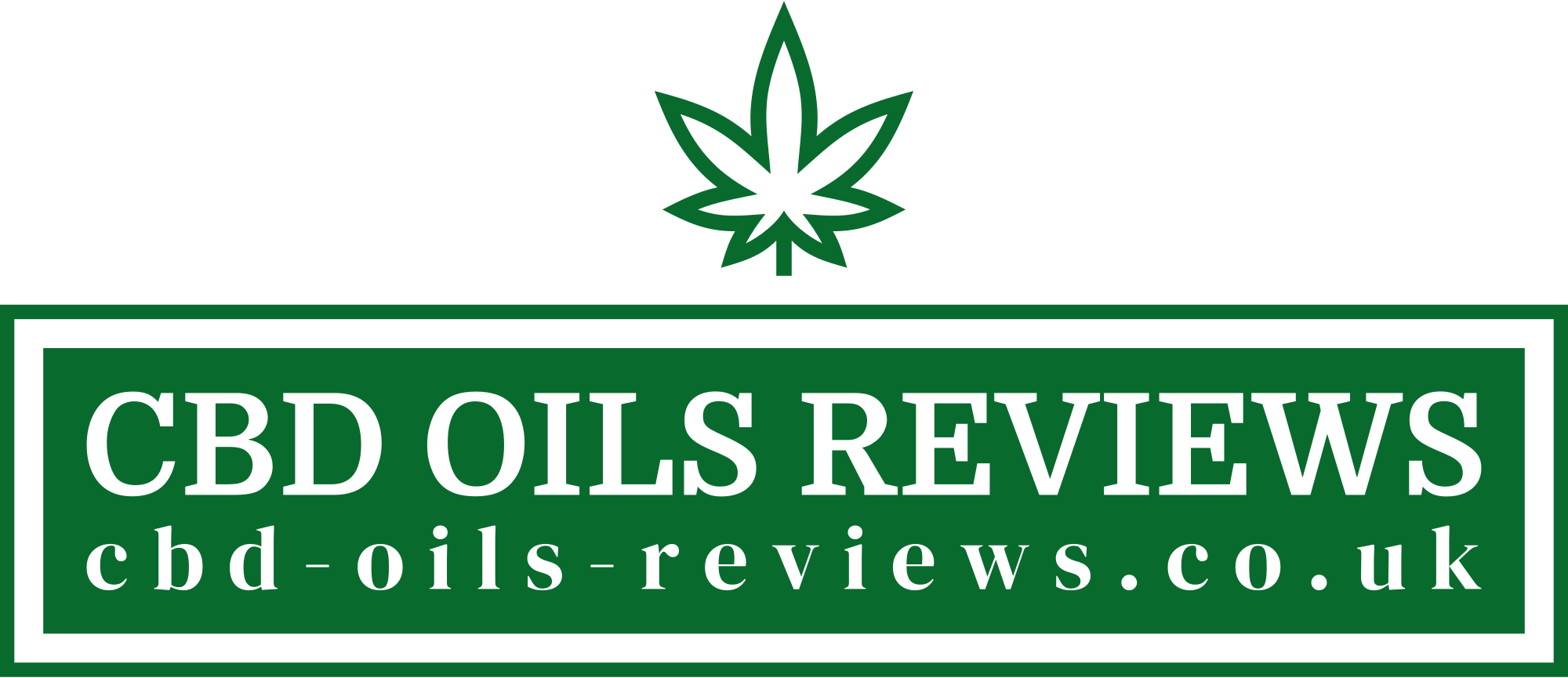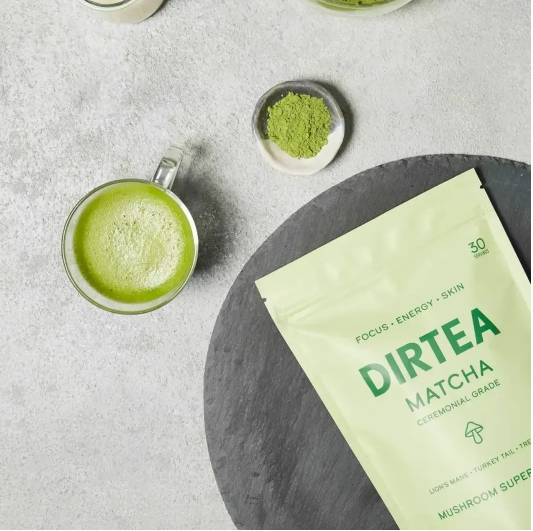When I first delved into the world of mushroom powders from House of Shrooms, I was a mix of excitement and curiosity. Their selection is impressive, and I was eager to see what each type could bring to my daily routine. Here’s my personal scoop on their various mushroom powders:
Lion’s Mane Mushroom Powder
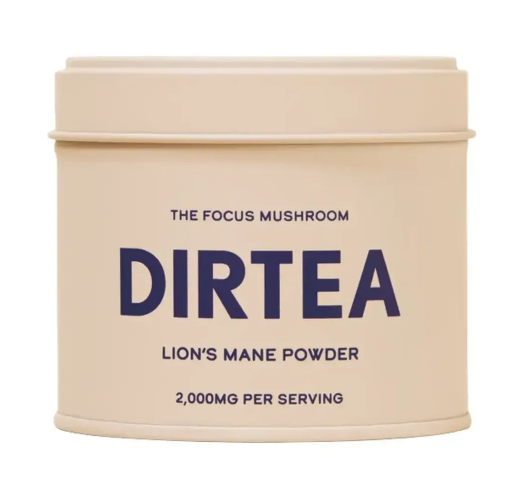
Dirtea Lion’s Mane Mushroom Powder was my first adventure, and let me tell you, it’s a game-changer. The earthy, slightly nutty flavor blended perfectly into my morning smoothies. I felt a noticeable boost in mental clarity and focus after a week of regular use. However, the flavor might be a bit strong for those who prefer a more subtle taste.
Chaga Mushroom Powder
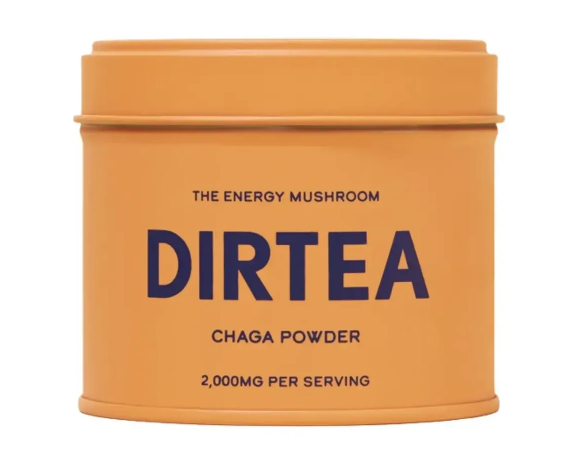
Next up, the Dirtea Chaga Mushroom Powder brought a unique, slightly bitter taste to my teas. Chaga’s rich, woody notes were surprisingly pleasant, and I appreciated its potential immune-boosting benefits. I didn’t love the bitterness on its own, but mixed into a chai latte, it was delightful.
Cordyceps Mushroom Powder
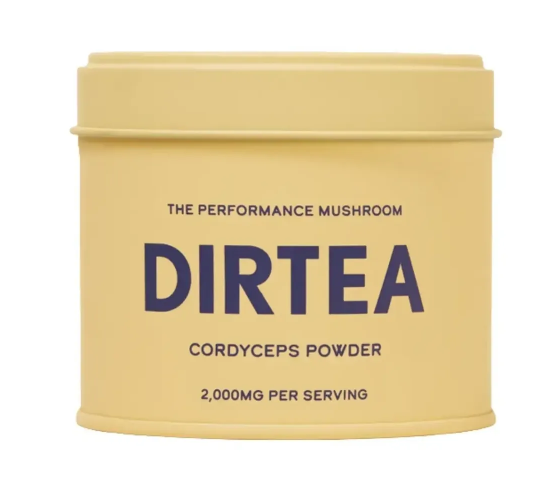
The Dirtea Cordyceps Mushroom Powder was a fantastic addition to my pre-workout routine. The powder dissolved easily, and I felt more energetic and less fatigued during my workouts. The mild, earthy flavor was easy to mask with a bit of fruit juice or a protein shake.
Reishi Mushroom Powder
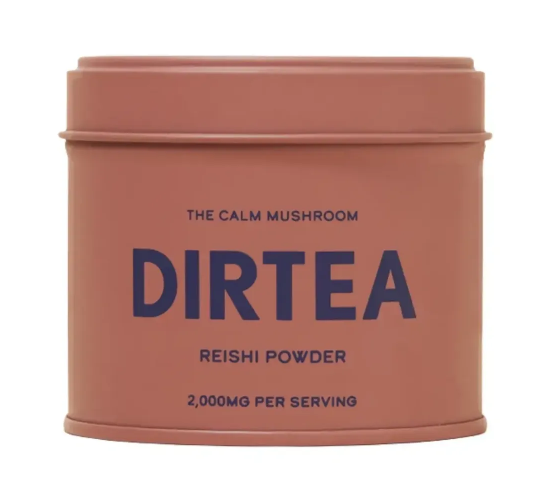
I tried the Dirtea Reishi Mushroom Powder for its calming effects. Mixed into my evening herbal tea, it provided a subtle, calming influence that helped me wind down. The taste was very earthy, almost wood-like, which took some getting used to, but the relaxation benefits were worth it.
Tremella Mushroom Powder
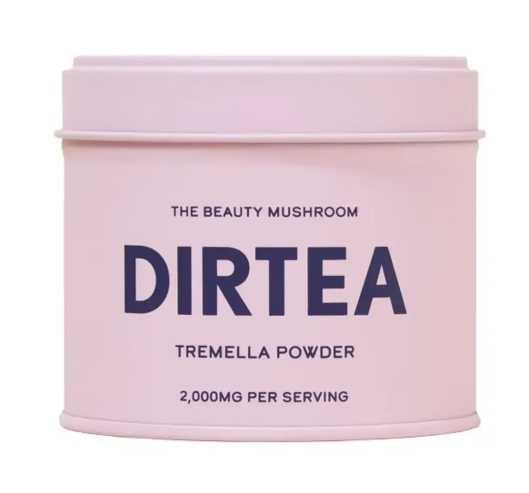
The Dirtea Tremella Mushroom Powder added a lovely, light texture to my smoothies. Known for its hydrating properties, it made my skin feel plumper and more hydrated. The flavor was mild and pleasant, making it an easy addition to my daily routine.
Turkey Tail Mushroom Powder
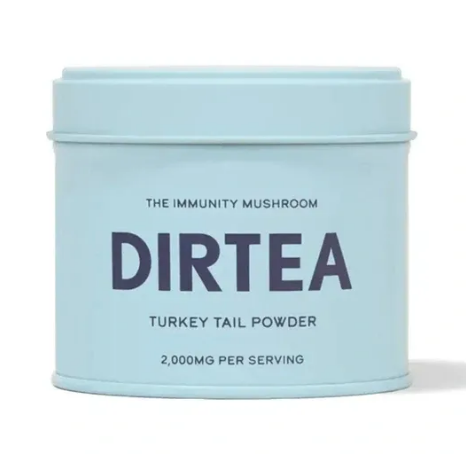
The Dirtea Turkey Tail Mushroom Powder was an excellent choice for its digestive health benefits. It had a unique, slightly sweet taste that blended well with herbal teas. I noticed an improvement in my gut health, which was a big win.
Super Blend Matcha
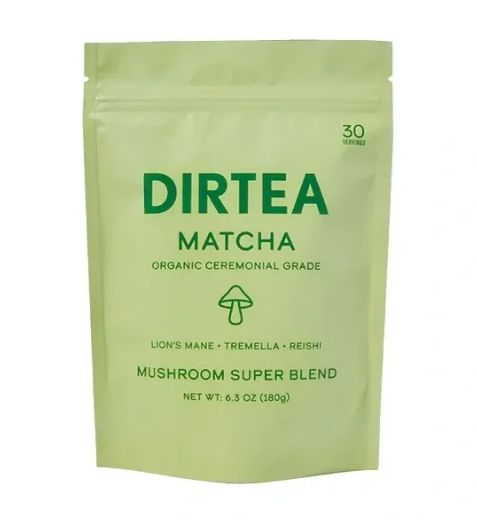
The Dirtea Mushroom Super Blend Matcha is a powerhouse of flavors and benefits. The matcha combined with mushroom extracts created a vibrant, energizing drink that I loved. The only downside was the slightly grainy texture, but the health benefits and taste were worth it.
Brain Food Blend
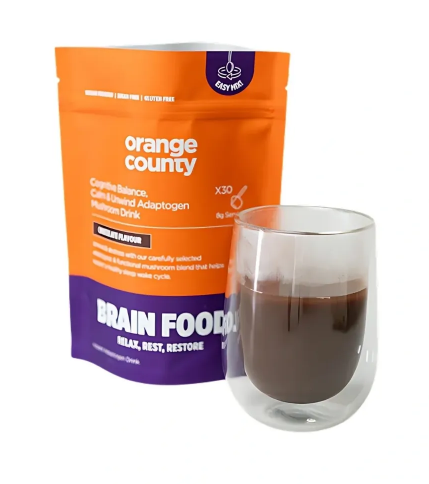
The Orange County Brain Food Mushroom Blend was an intriguing mix. The blend aimed at cognitive function and focus provided a smooth, nutty flavor that I enjoyed in both smoothies and baking. It’s a bit pricier, but the mix of mushrooms made it a unique choice.
Overall, House of Shrooms offers a diverse range of mushroom powders that cater to different health needs and flavor preferences. While some flavors took a bit of getting used to, the benefits, particularly for mental clarity and overall wellness, were worth the adventure.
What is mushroom powder?
Mushroom powder is a fine, powdered form of dried mushrooms, often used as a dietary supplement or flavoring in various foods and beverages. It’s made by drying mushrooms and then grinding them into a powder, preserving their nutrients and active compounds for easy consumption.
How do I use mushroom powder?
Mushroom powder can be incorporated into your diet in various ways. You can mix it into smoothies, teas, soups, or sauces to boost their nutritional content. It’s also commonly added to coffee or used in baking to enhance flavor and provide health benefits.
What are the benefits of mushroom powder?
Mushroom powders often offer numerous health benefits, depending on the type of mushroom. For example, Lion’s Mane may support cognitive function, Reishi might aid in stress relief, and Chaga could enhance immune system health. The benefits vary based on the specific mushroom and its active compounds.
Are there any side effects of using mushroom powder?
Generally, mushroom powder is considered safe for most people when consumed in moderation. However, some individuals may experience digestive issues or allergic reactions. It’s always best to start with a small amount and consult a healthcare professional if you have concerns or pre-existing health conditions.
How much mushroom powder should I take daily?
The recommended dosage can vary depending on the type of mushroom and the product’s concentration. It’s typically advised to start with a small amount, such as half a teaspoon per day, and gradually increase as needed. Always follow the dosage instructions provided on the product label or consult with a healthcare provider for personalized advice.
Can I use mushroom powder if I’m pregnant or breastfeeding?
If you’re pregnant or breastfeeding, it’s important to consult with a healthcare provider before adding mushroom powder to your diet. Some mushrooms may have compounds that could potentially affect pregnancy or lactation, so professional guidance is recommended to ensure safety.
How should I store mushroom powder?
Mushroom powder should be stored in an airtight container, away from direct sunlight, heat, and moisture. Keeping it in a cool, dry place helps maintain its potency and extends its shelf life. Always check the expiration date on the packaging and avoid using it if it has changed in color or smell.
What types of mushrooms are commonly used in mushroom powders?
Common mushrooms used in powders include Lion’s Mane, known for cognitive support; Reishi, often used for stress relief; Chaga, prized for its antioxidant properties; Cordyceps, which may boost energy; and Turkey Tail, known for its immune-boosting effects. Each type has unique benefits and uses.
Can I make mushroom powder at home?
Yes, you can make mushroom powder at home by drying mushrooms thoroughly and then grinding them into a fine powder using a blender or food processor. However, commercial products are often more consistent in quality and potency, so for precise health benefits, store-bought options may be preferable.
Where can I buy high-quality mushroom powder?
High-quality mushroom powder can be purchased from reputable health food stores, online retailers, or specialty supplement shops. It’s important to choose products from trusted brands that provide information on sourcing and quality testing to ensure you’re getting a pure and effective product.
I would like to disclose that I have received complimentary products from House of Shrooms in exchange for providing a review of their Mushroom Powder. While my reviews are based on my personal experiences and honest opinions, it’s important to acknowledge this arrangement. The views expressed are my own and reflect my genuine thoughts on the products. However, individual experiences may vary, and I encourage readers to consult with a healthcare professional before incorporating new supplements into their routine. My goal is to offer helpful insights to assist you in making informed decisions about your wellness.
Shroom-tastic Finds: Discover More Magic from House of Shrooms!
Welcome to the fascinating world of mushroom products! Whether you’re a seasoned wellness enthusiast or just dipping your toes into this realm, understanding the different types of mushroom products can help you make informed choices. In this guide, we’ll explore mushroom capsules, coffee, drinks, gummies, and extracts. We’ll also touch on regulatory differences between the UK and the USA to keep you in the know.
Mushroom Capsules
Mushroom capsules are a popular and convenient way to incorporate the benefits of mushrooms into your daily routine. These capsules often contain powdered mushroom extracts and are designed to support various aspects of health, such as cognitive function and immune support. According to the National Center for Complementary and Integrative Health (NCCIH), mushrooms like Reishi and Lion’s Mane are known for their potential benefits. In the UK, mushroom supplements are regulated as food supplements, while in the USA, they fall under the Dietary Supplement Health and Education Act (DSHEA) guidelines. Both regulatory bodies ensure that these products are safe for consumption, but the specific regulations can vary.
Mushroom Coffee
Mushroom coffee blends traditional coffee with mushroom extracts, such as Lion’s Mane or Chaga. This fusion is touted for its potential to offer a smoother energy boost and cognitive benefits compared to regular coffee. Academic research, including studies from the University of California, suggests that mushrooms like Lion’s Mane can support brain health. In the UK, mushroom coffee is classified as a food product, whereas in the USA, it is often marketed as a dietary supplement. Both countries regulate these products to ensure safety, but the specifics of labeling and health claims can differ.
Mushroom Drinks
Mushroom drinks come in various forms, including ready-to-drink beverages and powdered mixes that you add to water. These drinks often combine mushrooms like Reishi or Cordyceps with other ingredients for a tasty and functional beverage. According to research from the University of Illinois, mushrooms can offer benefits such as immune support and increased energy. In the UK, these drinks are categorized as food or beverages, while in the USA, they are typically considered dietary supplements, with regulations focusing on safety and proper labeling.
Mushroom Gummies
Mushroom gummies are a fun and tasty way to consume mushrooms. They often contain extracts of various mushrooms and are popular for their convenience and palatability. The University of Exeter notes that gummies can be an effective way to get your daily dose of beneficial compounds. In the UK, mushroom gummies are treated as food supplements, while in the USA, they are classified as dietary supplements. Both countries have regulations to ensure these products are safe and accurately labeled, but there may be differences in allowable health claims.
Mushroom Extract
Mushroom extracts are concentrated forms of mushroom compounds, often used for their potent health benefits. These extracts can come in liquid or powder form and are typically used in smaller amounts compared to whole mushrooms. Research from the University of Colorado highlights the effectiveness of mushroom extracts in providing high concentrations of beneficial compounds. In the UK, mushroom extracts are regulated as food supplements, whereas in the USA, they fall under the dietary supplement category. Both jurisdictions aim to ensure that extracts are safe for consumption, but the specifics of their regulation and allowed claims can vary.
UK vs. USA Laws
When it comes to mushroom products, both the UK and the USA have regulatory frameworks to ensure safety. In the UK, the Food Standards Agency (FSA) oversees food supplements, including mushroom-based products, requiring them to meet specific safety and labeling standards. In contrast, the USA’s Food and Drug Administration (FDA) regulates dietary supplements under the Dietary Supplement Health and Education Act (DSHEA), which includes mushroom products. While both countries emphasize safety and accurate labeling, there can be differences in permitted health claims and product classifications. For instance, the FDA may permit certain health claims that are not allowed in the UK, and vice versa.
Understanding these categories and regulations can help you make better choices about integrating mushroom products into your wellness routine. Always consult with a healthcare professional before starting any new supplement regimen.
- Mushroom Powders Unveiled: My Flavorful Journey with House of Shrooms - July 31, 2024
- How to Use HHC Products - July 20, 2023
- 13 Foods That Could Lower Your Risk of Cancer - July 13, 2023
